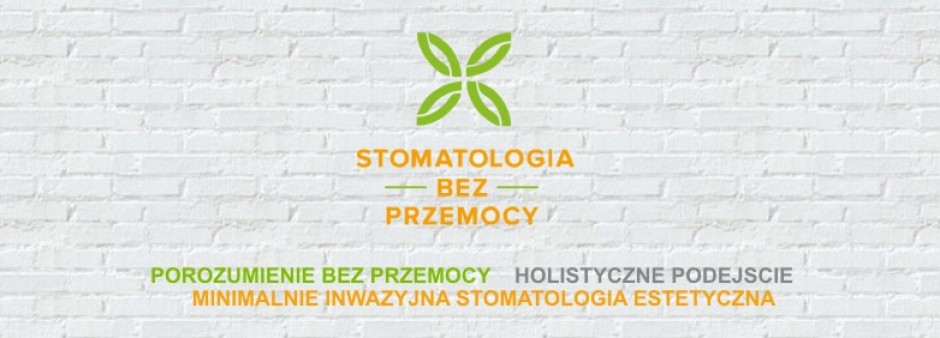Why children do not cooperate? When children stop to co-work it is because either so far they have tried too much or too long, or their personal integrity has been violated. It never happens because of lack of will. I believe that children do not escape from the chair just to annoy somebody. They do not co-work because we require too much from them. They do not cope with the expectations because it exceeds their ability to cope with the situation. Sometimes consciousness of visiting dental chair itself is a big psychological burden for the child. The entrance to the office with this ballast becomes a challenge. Nevertheless the child is trying. However, further demands exceed the adaptive capacity and the child no longer co-works.
But most often the parent/physician does not see it because they find a visit as an obvious, necessary situation. Despite the unpleasant memories from childhood an adult parent does not sympathize with the situation of his/her child. They are thinking that if they coped with it “nothing will happen”, “he/she has to get used to because this is life”. Watching the fear and suffering of their child, they do not know how to react, how to behave, how to support their child. And the child desperately needs support because it is not able to deal with the suffering on its own.
This lack of co-operation can take place at any stage of our meeting. If we stop at each of them, if we see the child?s problems – his distrust, fear, anxiety – we have a chance of cooperation on the next visit.
However, if we (adults) force carrying out the procedure with violence (see violence in the study), we violate the integrity of the child. If the child is under pressure – even subtle one – from parents/doctor, it has to choose between two strategies. It has to choose a strategy based on a loud opposition. It is a signal that he is going to be hurt. Child wants us to understand that his fear is not respected, that their needs (safety, support) are not taken into account. It will run, screaming, hand covering their mouth … Interaction can also be based on its own infringement of integrity, thus ignoring itself. The child will cooperate because of fear, not out of conviction that he is respected, he can trust, that it will be safe. However, this is a temporary collaboration, lined with trauma, violence on the psyche. We are losing the confidence of the patient. Rebuilding it is possible, but it is very difficult. If the relationship between the child and the doctor has to grow in a proper manner (trust, security), taking care of the mental integrity of the child is crucial. The more we devote our integrity for the interaction, the more pain we feel. Integrity is associated with our identity, boundaries and personal needs. In the long term it influences on the aforementioned self-esteem, the child’s achievements and successes in life.
In the past, when we still believed that children are born as a half-human with no competence, it was possible to justify the rape of their integrity. Adults (parent/doctor) who had the power to interpret and describe reality (?Stop crying! I KNOW that this not hurt? what means ?I know that YOU are not in pain!?). Adults also knew what wass best for children (?No breaks! You have to bear it for your own good! It will be better
if you do it at once!). Children could not decide anything (?I want to rest for a while!?).
Now, being aware of the consequences of such understanding of a child, knowing that they are full people with certain personalities – we know that they should have the same, if not greater care, treatment. Some people try to use methods more focused on the child’s feelings.
Please do not publish pictures and text from this website as your own. It is against the law. Act of 4 February 1994 on Copyright and Related Rights (Journal of Laws of 1994 No. 24, item. 83)


